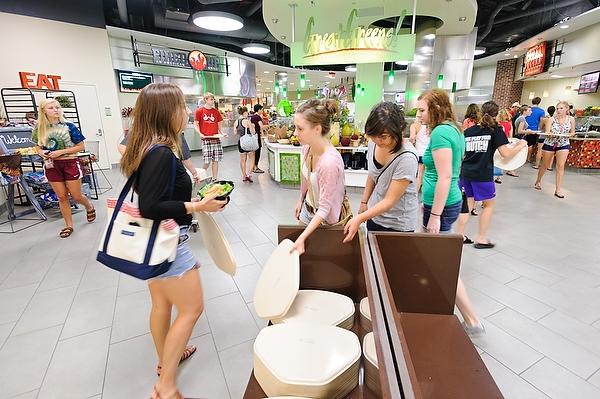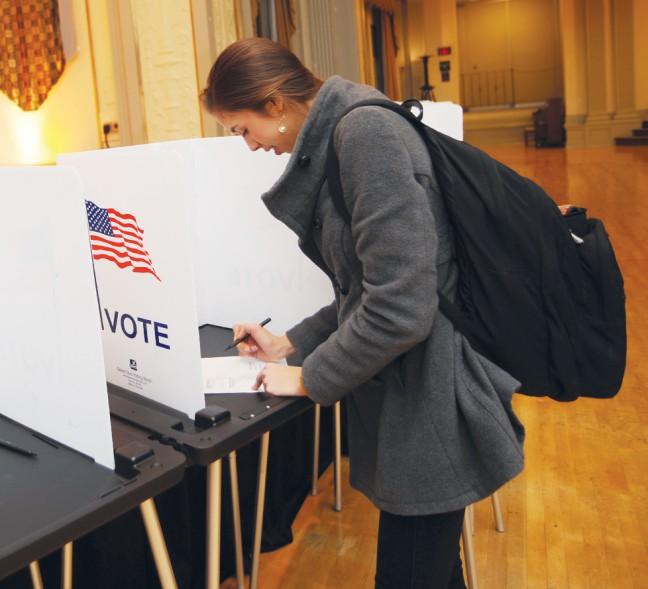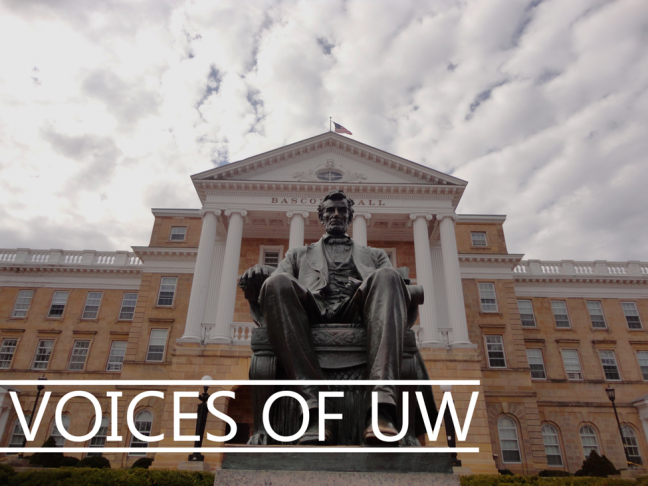A common adage students hear from family members is how they “worked through college.” It’s the quintessential American Dream notion that yes, college costs money, but if you work hard enough you could make enough money to pay for your own tuition and not owe anyone else anything. Sadly, that dream is not alive today. A study showed that for a public four-year institution, it would take more than 70 hours of work a week at an average hourly job to pay off tuition. Those numbers apply to the University of Wisconsin. The median wage for a student hourly here is $8.50. That isn’t even close to the more than $11 an hour living wage policy that the city of Madison and Dane County follow.
UW does, in fact, have a living wage policy. It covers every single UW employee, from classified staff to faculty to academic staff – except undergraduate student hourly workers on campus, of which there are more than 10,000. This is understandable, of course. The state and federal government have continuously cut funding to the UW System. The most recent budget bill cut $250 million, $125 million of which from UW. However, there is an opportunity in this. The budget bill also gave UW the ability to create their own personnel system. This will determine employee management, pay, benefits, protections, etc. for every single UW, no matter what position, pay or status.
A design team has been formed, consisting of Human Resources specialists, administration and faculty, staff, labor and students as mandated by our shared governance process. More than 100 people are involved in the process so far. Thanks to the shared governance process and work done by the ASM Shared Governance Chair Claire Lynch as part of the student workers’ rights campaign, we have a student sitting on every single work team and committee in the entire process.
The next step for the ASM campaign is to really engage student workers to understand their concerns. The students sitting on the design team are there to represent student interests. It is imperative that we move beyond the status quo in this new personnel system and ensure that we as students come out with better protections and better wages. However, to find out what the most pressing issues are, ASM needs to connect back to students. So I ask you today to get in contact with me or anyone else involved in the campaign to tell your story. Talk about what’s good and what’s bad about working for the university. Get involved in the process to improve student hourly rights and to engage fellow student hourlies.
Additionally, on Jan. 28th, 2 p.m., TITU, Student Labor Action Coalition and ASM will be hosting a kick-off and training on student worker rights. Come by to learn more about how things are going, what can be achieved and what you can do to improve the working conditions for fellow Badgers.
This school has had a history of student input in improving it. This school has had a history of students standing up for fellow students. We, again, have an opportunity as students to do this – but it is up to you to get involved.
Leland Pan ([email protected]) is a Letters and Sciences representative for the Associated Students of Madison, the coordinator for the ASM Student Hourly Rights Campaign and a member of the Student Labor Action Coalition.
Allie Gardner ([email protected]) is chair of the Associated Students of Madison.











